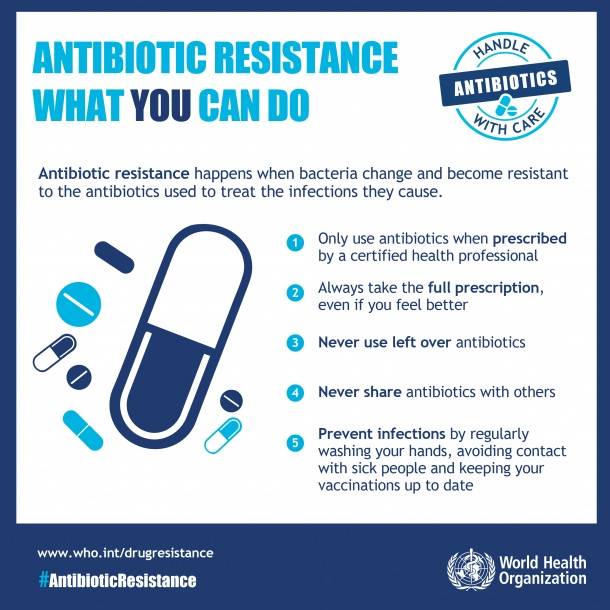The Rising Threat of Antibiotic Resistance: What You Can Do
Antibiotics are powerful medicines that help fight infections caused by bacteria. However, over time, some bacteria have learned to resist these drugs, making infections harder to treat. This growing problem is called antibiotic resistance. Let's explore what it is, why it happens, and how you can help prevent it.
What Is Antibiotic Resistance?
Antibiotic resistance happens when bacteria change in a way that makes antibiotics less effective or even useless against them. This means that infections caused by these resistant bacteria become harder to treat, leading to longer illnesses and more serious health problems.
Why Is Antibiotic Resistance a Problem?
When antibiotics don't work, common infections can become serious. This can lead to longer hospital stays, higher medical costs, and an increased risk of death. In fact, antibiotic resistance is responsible for millions of deaths each year worldwide.
How Does Antibiotic Resistance Happen?
The main cause of antibiotic resistance is the misuse and overuse of antibiotics. When antibiotics are used too often or incorrectly, bacteria have more chances to adapt and become resistant. This can happen in several ways:
- Overuse: Using antibiotics when they're not needed, like for viral infections such as colds or the flu.
- Misuse: Not taking antibiotics as prescribed, such as skipping doses or not finishing the entire course of treatment.
- Agricultural Use: Using antibiotics in animals raised for food can contribute to the development of resistant bacteria.
What Can You Do to Help?
You play a crucial role in fighting antibiotic resistance. Here are some simple steps you can take:
1. Use Antibiotics Wisely: Only take antibiotics when prescribed by a healthcare professional. Don't ask for antibiotics if your doctor says you don't need them.
2. Follow Prescriptions Carefully: If you're prescribed antibiotics, take them exactly as directed. Finish the entire course, even if you start feeling better.
3. Prevent Infections: Wash your hands regularly, prepare food safely, and stay up-to-date with vaccinations to reduce the need for antibiotics.
4. Avoid Sharing Antibiotics: Never use leftover antibiotics or share them with others. They may not be appropriate for the illness and can contribute to resistance.
5. Educate Yourself and Others: Learn about antibiotic resistance and share information with family and friends to raise awareness.
The Role of Healthcare Providers
Doctors and other healthcare professionals are also working to combat antibiotic resistance by:
- Prescribing Antibiotics Only When Necessary: Ensuring antibiotics are only used for bacterial infections, not viral ones.
- Choosing the Right Antibiotic: Selecting the most appropriate antibiotic for the specific infection.
- Educating Patients: Informing patients about the importance of taking antibiotics correctly and the dangers of misuse.
Antibiotic resistance is a serious and growing problem that affects everyone. By using antibiotics responsibly and following simple health practices, you can help slow down the spread of resistant bacteria. Together, we can ensure that these life-saving medicines remain effective for future generations.
Please Follow for more health updates.



No comments yet
Be the first to share your thoughts!